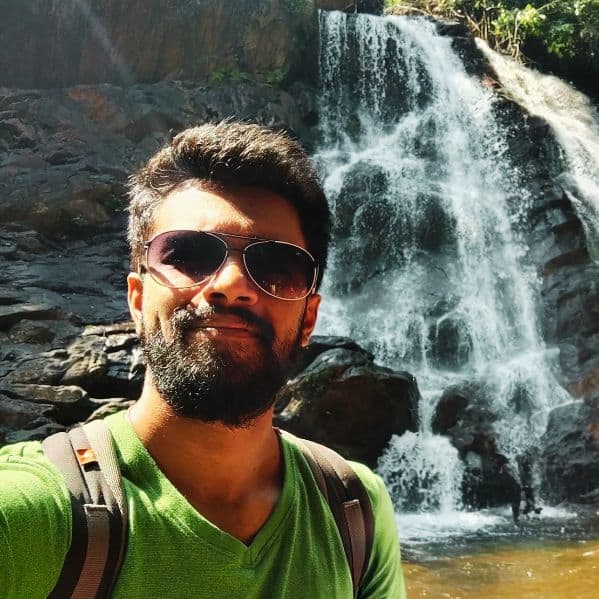synopsis
The Enforcement Directorate (ED) has escalated its challenge against Delhi Chief Minister Arvind Kejriwal's bail in a money laundering probe linked to Delhi's excise policy. Kejriwal was initially arrested in March, granted interim bail for election campaigning, and subsequently regular bail after surrendering.
The Enforcement Directorate (ED) has taken its dispute over Chief Minister Arvind Kejriwal's bail in the excise policy case to the Delhi High Court. This move comes after a local court granted Kejriwal regular bail, following his arrest by the ED on March 21 in connection with a money laundering probe related to Delhi's excise policy.
Initially arrested in March, Kejriwal had secured interim bail on May 10 to campaign during the Lok Sabha elections, as per the Supreme Court's directive. He surrendered on June 2 and was granted bail on Thursday by a vacation judge at Rouse Avenue court, upon furnishing a bond of ₹1,00,000.
'Satyameva Jayate': AAP after Delhi CM Arvind Kejriwal granted bail in liquor policy case on bond of Rs 1 lakh
The Enforcement Directorate's decision to approach the high court came after the local court declined their request to delay Kejriwal's bail bond filing by 48 hours. Previously, in April, the Delhi High Court had upheld his arrest, prompting Kejriwal to appeal to the Supreme Court.
Excise policy case: Delhi court reserves order in CM Arvind Kejriwal's bail plea; check details
The case revolves around allegations that Kejriwal and other AAP leaders received kickbacks for formulating a liquor policy that favoured certain groups. The ED and CBI have accused them of diverting a portion of these kickbacks towards their election campaign in Goa, allegedly through hawala channels.
Additional Solicitor General SV Raju, representing the Enforcement Directorate, asserted that Kejriwal was in contact with these hawala operators. The BJP recently won all seven Lok Sabha seats in Delhi, defeating the AAP-Congress alliance comprehensively earlier this month.
)
 subscribe to Asianet News Whatsapp channel by clicking here.
subscribe to Asianet News Whatsapp channel by clicking here.